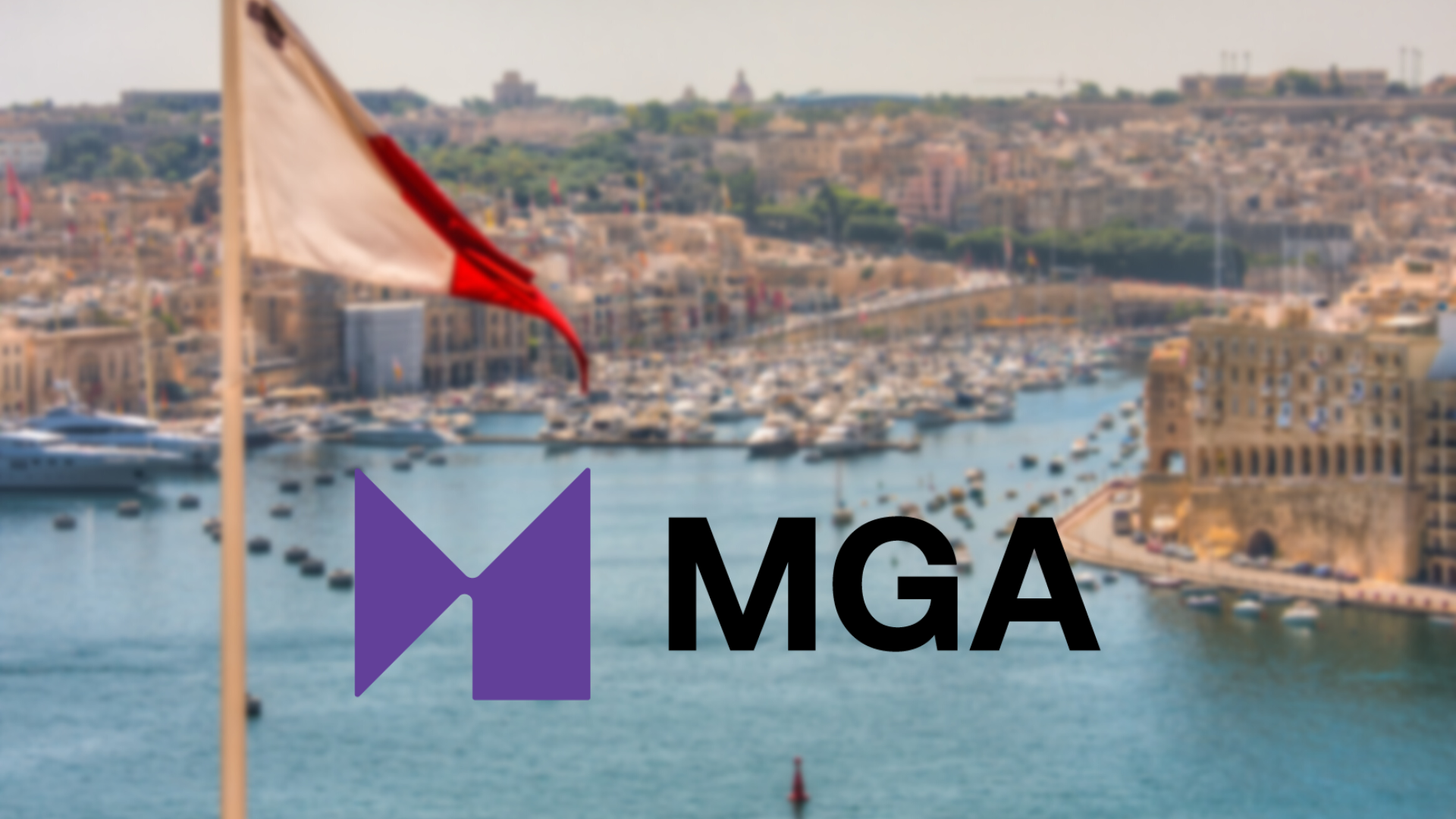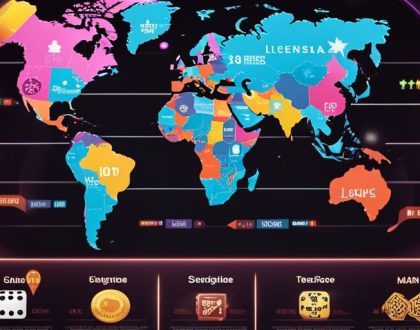MGA Stands Firm on Controversial Bill 55

In a recent turn of events, the Malta Gaming Authority (MGA) has steadfastly defended the much-debated Bill 55, countering claims that the amendment contradicts European law. This robust response comes in the wake of mounting criticism, with detractors asserting that the new legislation is incongruent with the legal framework of the European Union. However, the MGA remains resolute in its stance, asserting that Bill 55, also referred to as Article 56A of Malta’s Gaming Act, aligns harmoniously with European legal standards.
Essentially, the essence of Bill 55 lies in its intent to shield operators licensed under Malta jurisdiction from legal culpability arising from their gambling operations, as long as these activities fall within the confines of their MGA license. This response from the MGA has surfaced in response to recent reports on August 24th, which indicated that the German gambling regulatory body had raised concerns regarding the compatibility of the law with the Brussels Recast Regulation. This regulation is pivotal in determining the resolution of legal disputes between member states of the European Union.
The central point of contention arises from the interpretation of the Recast Regulation, particularly its provision that allows a member state to decline recognition of a legal judgement if it is incongruent with the fundamental principles of its legal framework. In defense of Bill 55, the MGA has argued that the drafters of the legislation had no intention of creating new exceptions to the established regulation. Rather, their aim was to enshrine Malta’s longstanding public policy concerning the gaming sector into law.
In a bid to underscore their perspective, the regulatory authority highlights the considerably restrictive scope of Bill 55. The MGA emphatically notes that the legislation does not confer blanket immunity to Malta-licensed gambling operators from all legal actions. Instead, it meticulously outlines specific conditions that must be met for the law to come into play.
The MGA delineates that the protection afforded by Bill 55 is contingent on the legality of the gambling activities under Malta’s Gaming Act. Furthermore, the lawsuit in question must directly contravene or undermine the legality of Malta’s gaming framework for the provisions of Bill 55 to be invoked.
Addressing the concerns over the compatibility of Malta’s gaming laws with the principles of the European Union’s free movement of services, the MGA asserts that its gaming framework aligns harmoniously with the regulations governing the European internal market. It underlines that Malta’s approach conforms to EU law and is firmly rooted in the freedoms granted to entities established within the internal market.
However, in contrast, European regulators and governments allude to a 2017 decision by the European Commission that concluded the infringement procedures and grievances lodged in the gambling sector. This stance postulates that gambling services cannot be classified as a service eligible for European-wide dissemination under an MGA license.
As the debate around Bill 55 rages on, the European Commission has stepped into the fray, expressing its intention to scrutinize the amendment to ascertain its conformity with EU law. Consequently, the Commission has formally requested additional information from Malta’s authorities to facilitate this evaluation.
The potential trajectory of this controversy could ultimately lead to the involvement of the European Court of Justice, historically the ultimate arbiter in disputes between European and domestic law. The court’s decision, once rendered, could potentially have far-reaching implications, shaping the landscape of gaming regulations within the European Union.
Frequently Asked Questions (FAQs)
1. What is Bill 55, and what does it entail?
Bill 55, also known as Article 56A of Malta’s Gaming Act, is a contentious legislative amendment aimed at safeguarding Malta-licensed operators from legal liabilities related to their gambling activities within the bounds of their MGA license.
2. What criticism has Bill 55 faced?
Bill 55 has faced criticism primarily concerning its compatibility with European Union law. Critics argue that the amendment could conflict with the Brussels Recast Regulation, which governs legal judgments among EU member states.
3. How does the Malta Gaming Authority (MGA) defend Bill 55?
The MGA defends Bill 55 by asserting that its provisions are not in violation of European law. The MGA contends that the legislation aligns with the principles of the European free movement of services and does not establish new exceptions but rather codifies Malta’s existing public policy.
4. What conditions must be met for Bill 55 to apply?
Bill 55 sets specific conditions for its application. To be protected from legal actions, gambling activities must be legal under Malta’s Gaming Act, and the lawsuit in question must contradict or undermine Malta’s gaming framework’s legality.
5. What is the potential outcome of the European Commission’s examination of Bill 55?
The European Commission’s examination of Bill 55 aims to determine its compatibility with EU law. Depending on the Commission’s findings, the case could escalate to the European Court of Justice, which historically resolves disputes between European and domestic laws.
Recommended Posts

Peter & Sons Alliance with iGaming Deck
May 20, 2024

Magnificent Power Wolf Fire Spirit™ Slot Game
May 20, 2024

The Global Language of iGaming Licenses
May 20, 2024



